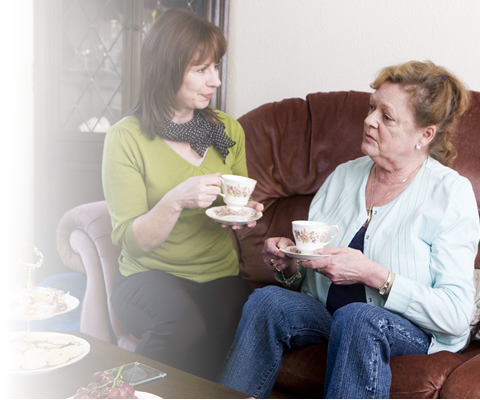Psychological Assessment and Approach to Treatment course



This session describes the assessment undertaken by a psychologist and the models and methods of treatment.
Learning Objectives
By the end of this session you will be able to:
- Explain how psychological approaches to pain differ from biomedical approaches
- Explain why psychological assessment covers a broad range of factors
- Identify the key concepts of the most widely-used models underpinning psychological practice in pain
- Identify the main components of the psychological assessment process
- Explain why the psychological assessment process is very detailed
- Describe the role of psychometric measures in supporting the clinical interview
- Explain how a stepped model of care ensures an appropriate level of service
- Recognize the effectiveness of psychological interventions for pain
It is normal for people in pain to become concerned, particularly when that pain persists longer than the expected time for the body to heal, i.e. when it becomes chronic. Opinions differ, but somewhere between 3-6 months, a range of biological, psychological and social factors can contribute to the person developing pain-related disability and distress.


Zoey is the lead clinician for the South Manchester Pain Centre pain management programme. She has worked in pain management rehabilitation for the last 10 years. Prior to that, her main interest was neurological rehabilitation.
She is particularly committed to the principles of self management and empowering people to regain a sense of control over their lives. She is also passionate about delivering training for non-psychologists so that everyone in the team feels confident dealing with distressed patients.
Zoey is the alternate psychology representative for the British Pain Society, Pain Management Programme Special Interest Group and is a content author for the e-PAIN project.


Kerry began working within the field of Clinical Psychology in 2001 as an Assistant Psychologist in the South West.
Kerry began working within the field of Clinical Psychology in 2001, starting as an Assistant Psychologist in the South West of England.
She moved from South Africa in 1998 to attend Exeter University and completed her Undergraduate Psychology Degree and then later her Postgraduate Doctorate in Clinical Psychology. Throughout her clinical training and subsequent job roles, she has specialised in physical health, predominantly Pain Management and Neuropsychology, and has developed a strong interest in supporting people to adjust to and cope with long-term health conditions (such as chronic pain) and the associated psychological distress.
Kerry currently works as the Pain Management Programme Service Lead at The Walton Centre in Liverpool, having developed specialist expertise in psychological assessment and interventions for chronic pain.
Kerry is a content author on the e-PAIN project.
- Anaesthesia | e-LA Learning Path: Edinburgh Medica...
- Posted By eIntegrity Healthcare e-Learning
- Posted Date: 2025-02-05
- Location:Online
- This session will cover the assessment and treatment of post-operative pain and management of early post-operative nausea and vomiting (PONV).
- Anaesthesia | e-LA Learning Path: Edinburgh Medica...
- Posted By eIntegrity Healthcare e-Learning
- Posted Date: 2025-02-05
- Location:Online
- This session illustrates the importance of effective airway maintenance in the recovery room, why oxygen therapy is required and how it can be safely and effectively administered.
- Anaesthesia | e-LA Learning Path: Edinburgh Medica...
- Posted By eIntegrity Healthcare e-Learning
- Posted Date: 2025-02-05
- Location:Online
- This session describes the function of a recovery facility, the most common problems likely to be encountered in post-operative patients, and makes suggestions for the management of these problems.
- Anaesthesia | e-LA Learning Path: Edinburgh Medica...
- Posted By eIntegrity Healthcare e-Learning
- Posted Date: 2025-02-05
- Location:Online
- This session outlines the basic definitions of local and regional anaesthesia (LA and RA), and advises when to use each as a sole technique and when to use in combination with general anaesthesia (GA). It also covers consent issues, minimal safety standar
- Acute Medicine | Palliative care | Non-drug interv...
- Posted By eIntegrity Healthcare e-Learning
- Posted Date: 2025-02-04
- Location:Online
- This session outlines a variety of non-drug interventions which may be used in an integrated approach to symptom management and enhance quality of life in end of life care. This session was reviewed by Louise Free and Richard Kitchen and last updated in F






